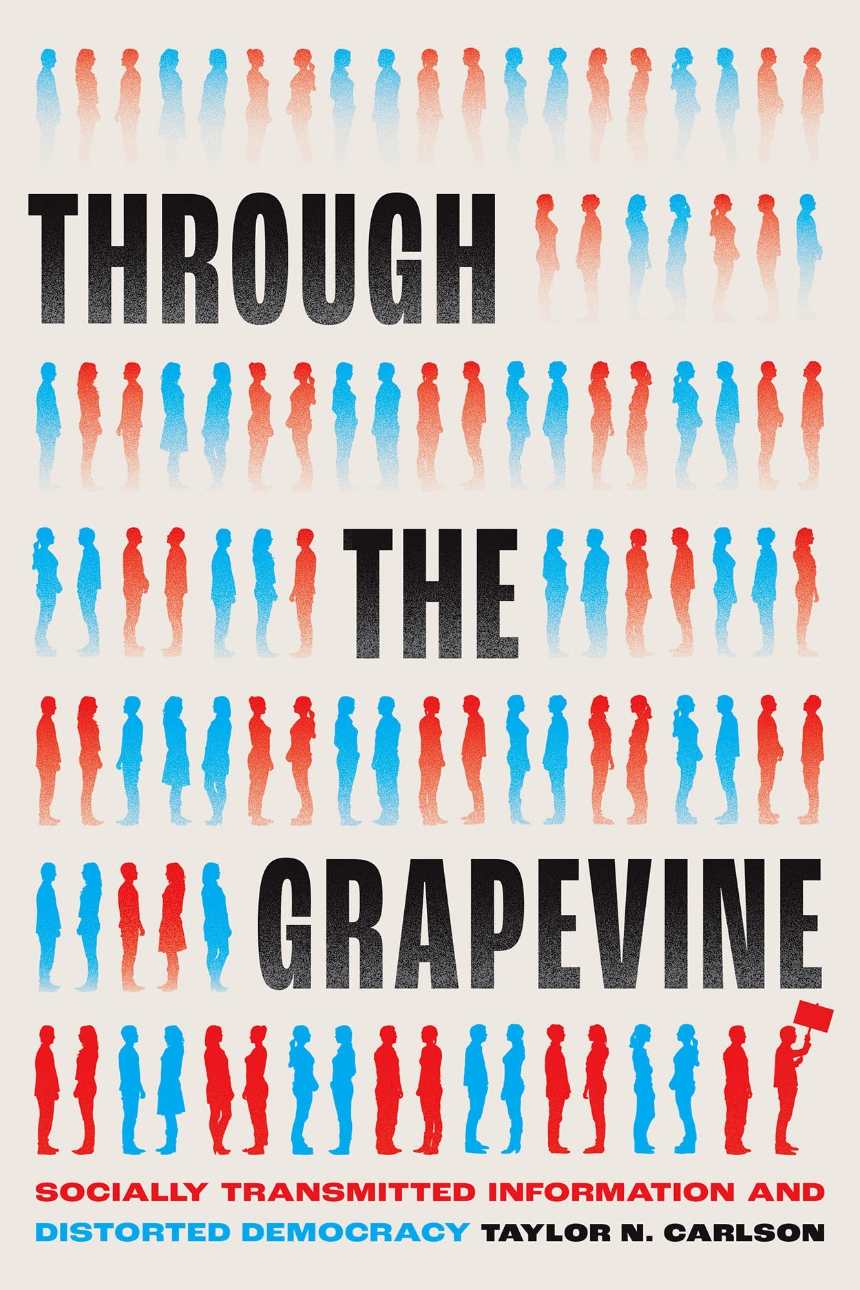
Published June 2022 with Cambridge University Press. Available on Amazon.
Supported by the National Science Foundation and Facebook.
Reviewed in Perspectives on Politics and Public Opinion Quarterly.
Winner of the 2023 PolNet Best Book Award (APSA Political Networks Section).

This book draws on quantitative and qualitative analyses of 4000 White American, African American, Latino, and Asian American people to explore inter and intra-ethnoracial differences in social network composition, size, partisanship, policy attitudes, and homophily in political and civic engagement. The book thus makes three key contributions: 1) it provides, for the first time, detailed comparative analysis of how political networks vary across and within ethnoracial groups; 2) demonstrates how historical differences in partisanship, policy attitudes, and engagement are reflected within groups’ social networks; and, 3) reveals the impact that networks can have on individuals’ political and civic engagement.
Published May 2020 with Oxford University Press.
Reviewed in Perspectives on Politics.
Supported by the James Irvine Foundation.

In this book, I argue that learning about politics through the proverbial grapevine fuels distorted democracy. Distorted democracy is marked by an underinformed, polarized, and engaged public. Analyzing a collection of nearly a dozen experiments, original survey data, and a new dataset of over 180 million comments on over 5 million Tweets by media outlets, I show that as people discuss what they read in the news, the actual information exchanged in conversations becomes heavily distorted: it becomes sparse, carries more partisan bias, and is somewhat less accurate. This means that when individuals primarily learn about politics from others instead of from the news, as about one-third of the American public does, they are likely to be exposed to distorted information that can affect their decision-making. Although they can sometimes learn more than they would had they received no information at all, when this casually informed segment of the public relies on social information, they are more likely to believe misinformation and hold more extreme and sorted policy preferences. What is more, the changes in content as information flows through the grapevine can also be mobilizing, leading to a world in which a large segment of the public is politically engaged based on distorted information.
Published July 2024, University of Chicago Press.
Supported by the Social Science Research Council, Weidenbaum Center on the Economy, Government, and Public Policy, and the National Science Foundation.